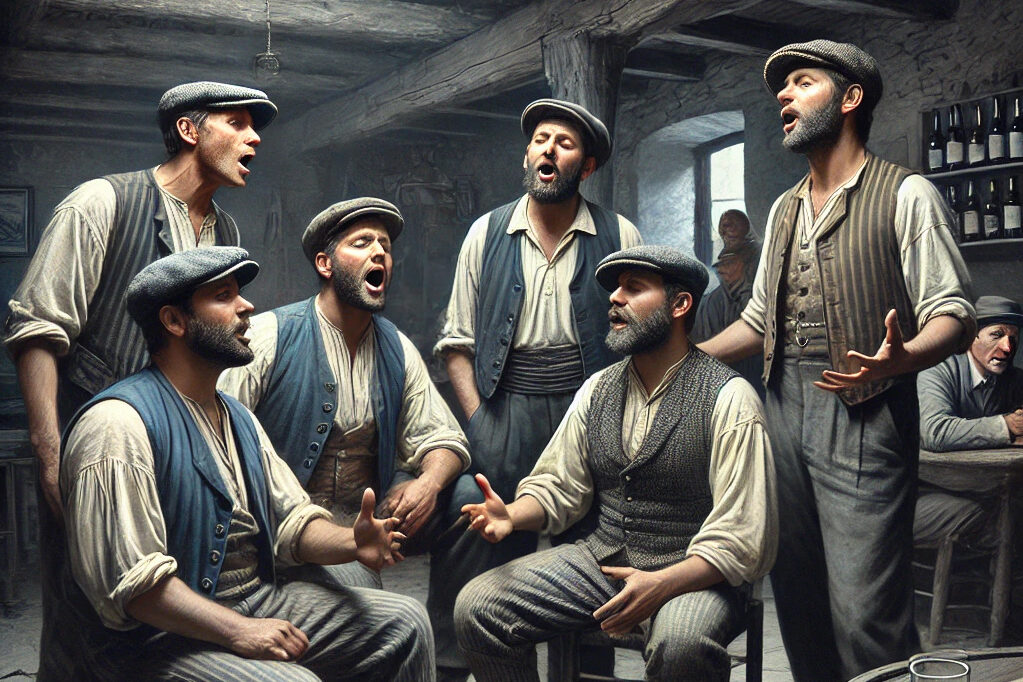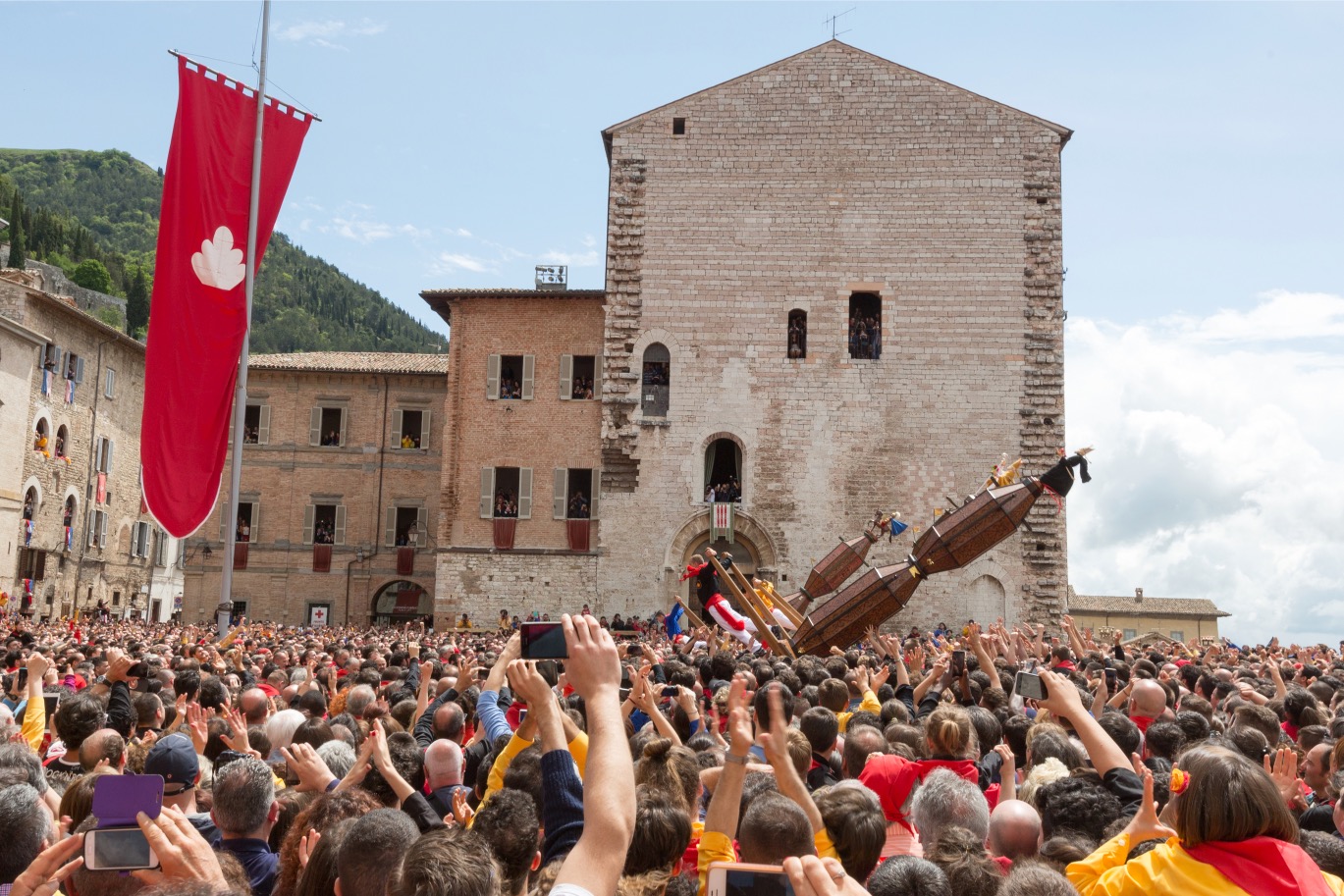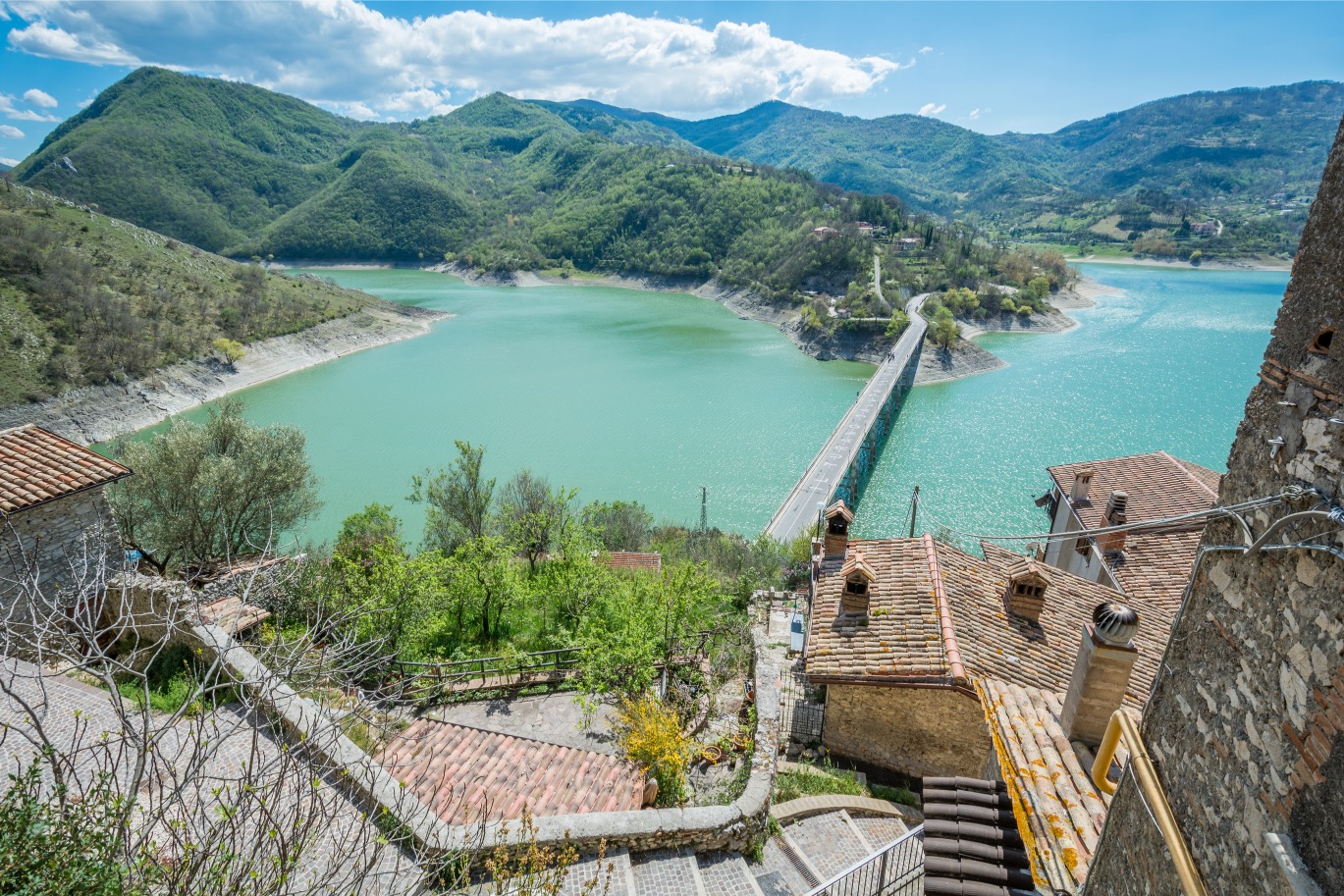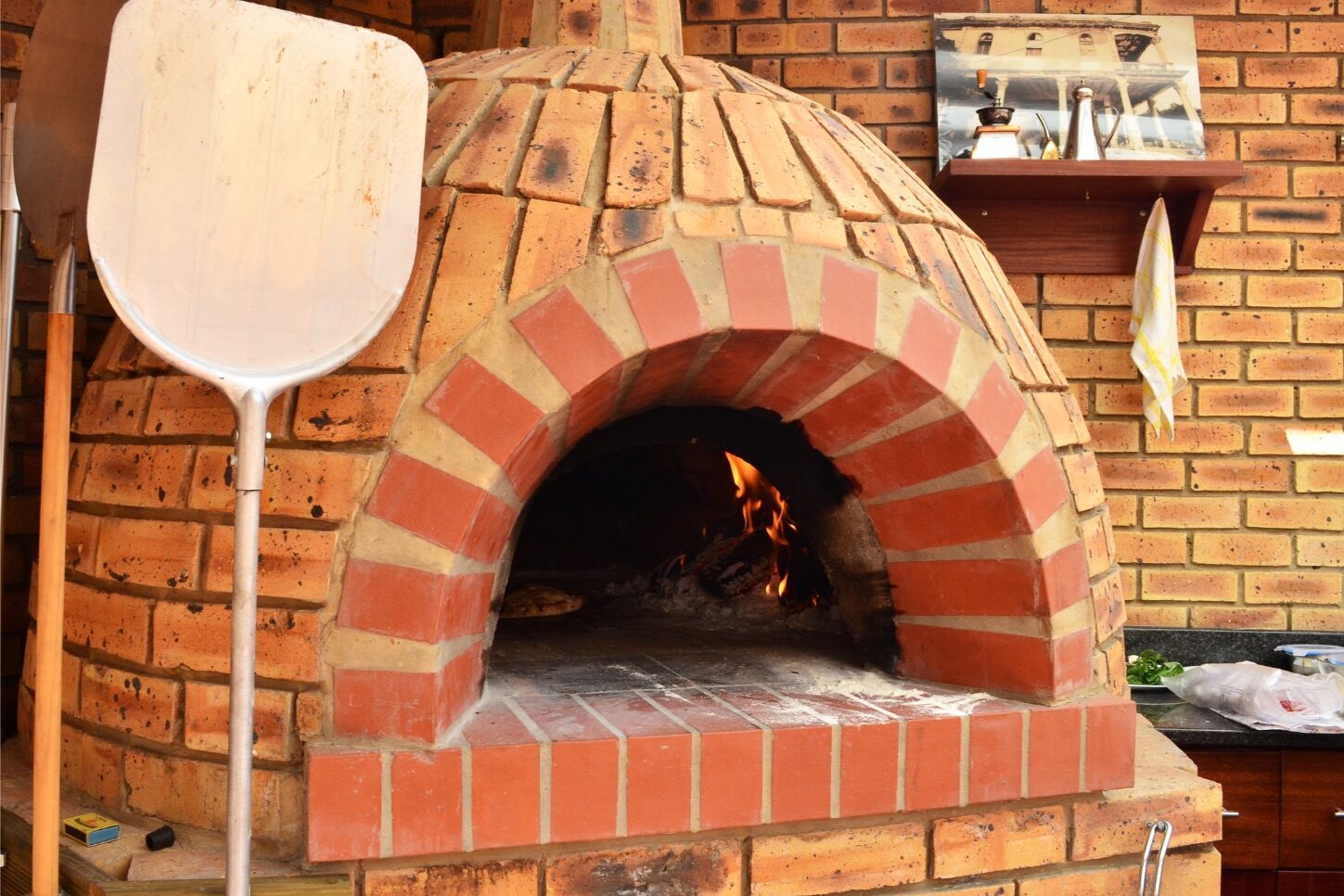Staff
Today’s word is full of… drama! If you have spent any time around Italians – especially in moments of surprise, exasperation, or even gossip – you have probably heard the word oddio (ohd-dee-oh), a short, sharp, and expressive adverb, which …
Trallalero is a highly distinctive form of polyphonic singing that originated in Genoa, Italy, known for its complex harmonies and unique use of vocal techniques. Traditionally performed by male ensembles, trallalero features a complex arrangement of different vocal parts. The …
ViBi Venezia is a modern footwear brand with some serious historical cred, at least when it comes to the shoe style it produces. Founded in 2015 by Venetian sisters Viola and Vera Arrivabene Valenti Gonzaga, the brand has carved out …
The Italian word gioviale (djo-veeah-lai) carries a bright and cheerful meaning, as it describes someone or something as merry, good-humored, convivial and friendly. Its etymology is directly linked to the ancient Roman god Jupiter or Giove in Italian: in Classical …
For many Italian-Americans, the connection to Italy is not only cultural but also very practical: maybe you’ve inherited a family home in Puglia; maybe you’re finally buying that dream property in Umbria; or maybe you’ve discovered a long-lost bank account …
The Festa dei Ceri, or Saint Ubaldo Day, is a centuries-old tradition held annually on May 15 in the medieval town of Gubbio, in Umbria. The festivity honors Saint Ubaldo Baldassini, the town’s patron saint, who died in 1160. Central …
The expression bel canto, Italian for “beautiful singing,” brings to mind a golden age of vocal artistry that left a memorable mark on the history of opera and vocal performance. Though often used broadly to describe elegant and technically refined …
The Italian word dunque (doon-kuai) is a common conjunction and discourse marker, used to indicate consequence, inference, or to draw attention in conversation. Its etymology traces back to the Latin tunc (“then,” “at that time”) which, over time, evolved into the forms dunc or donque in Vulgar Latin …
Castel di Tora is a striking medieval village located in the Lazio region of central Italy, about 50 kilometers (31 miles) northeast of Rome. It lies on the shores of Lake Turano, surrounded by the mountains of the Monte Navegna …
The domed stone oven – forno a cupola in Italian – is one of those features that people who love cooking often dream of: it’s beautiful to look at, and it makes food taste better. Lighting it takes time and …










